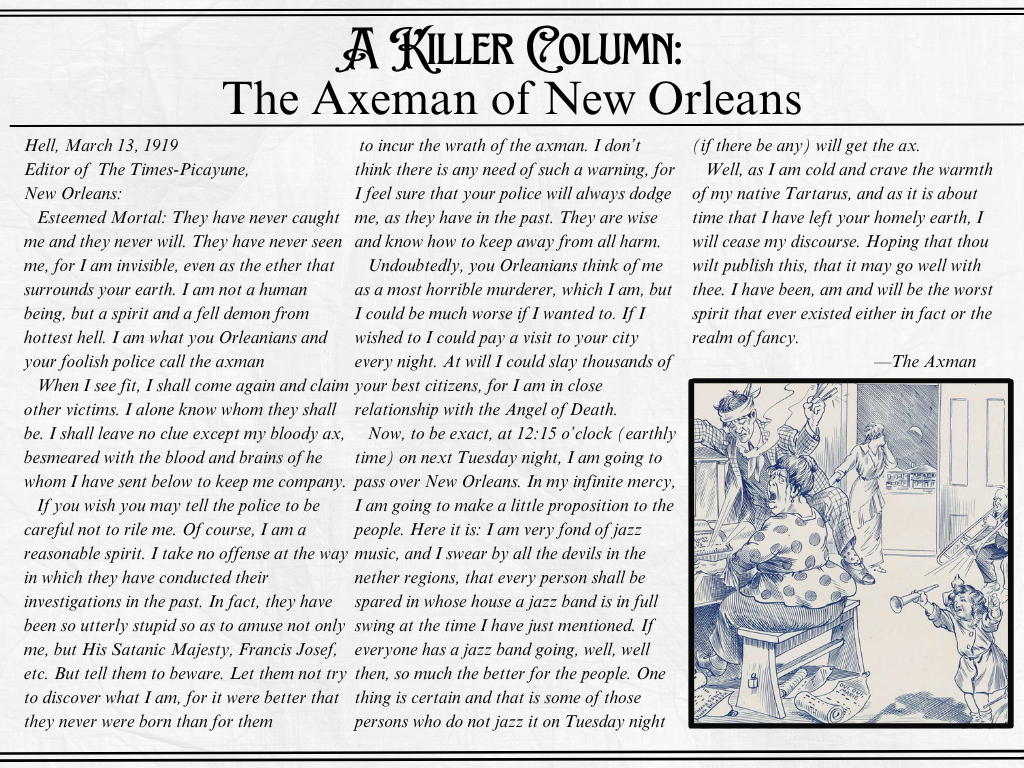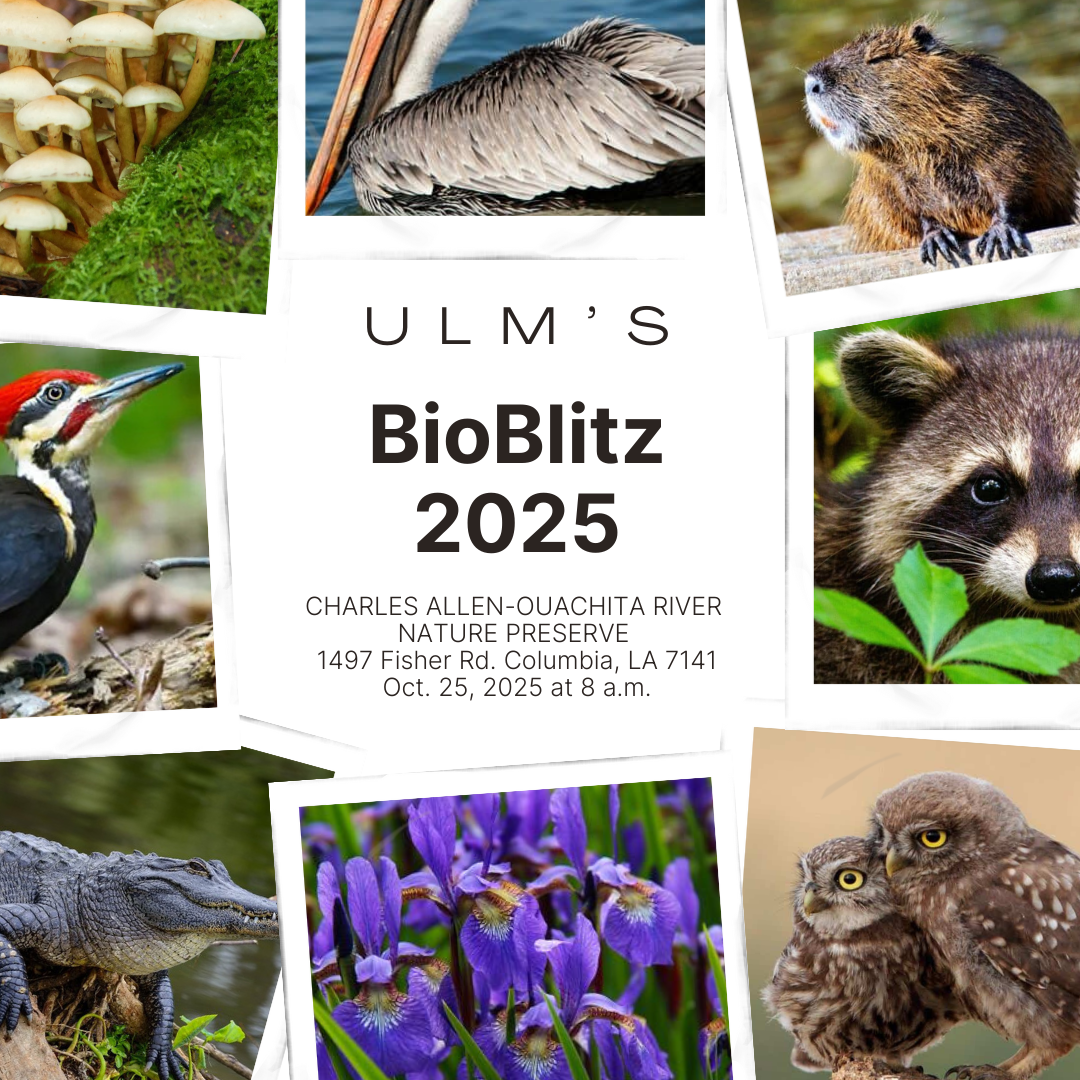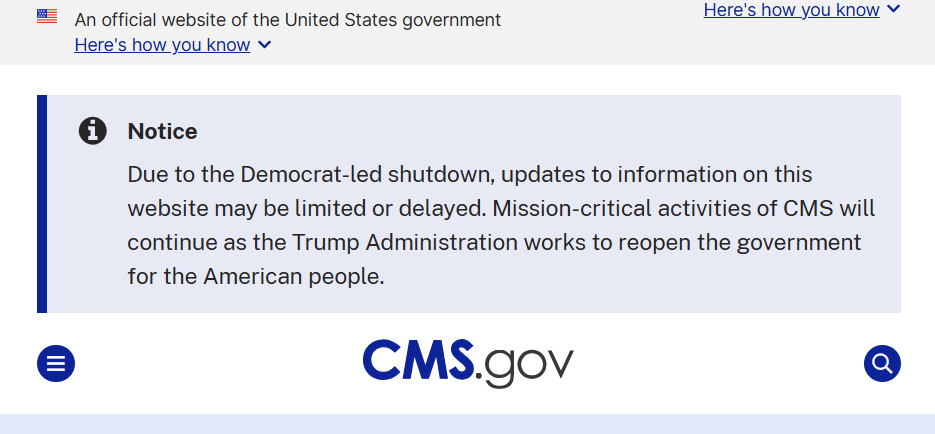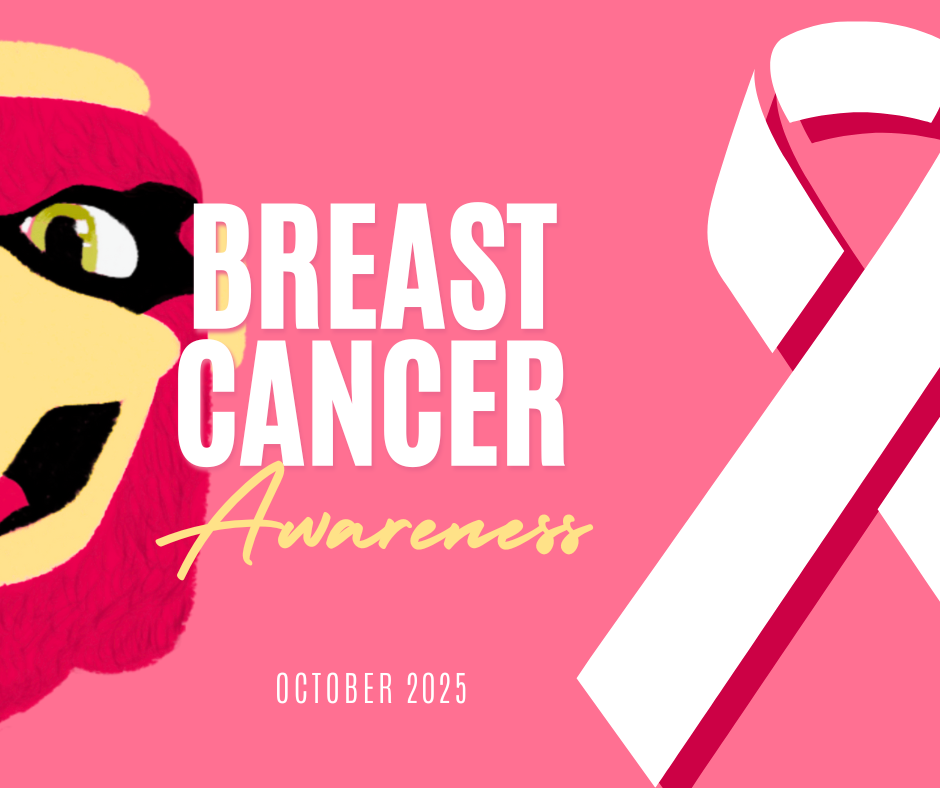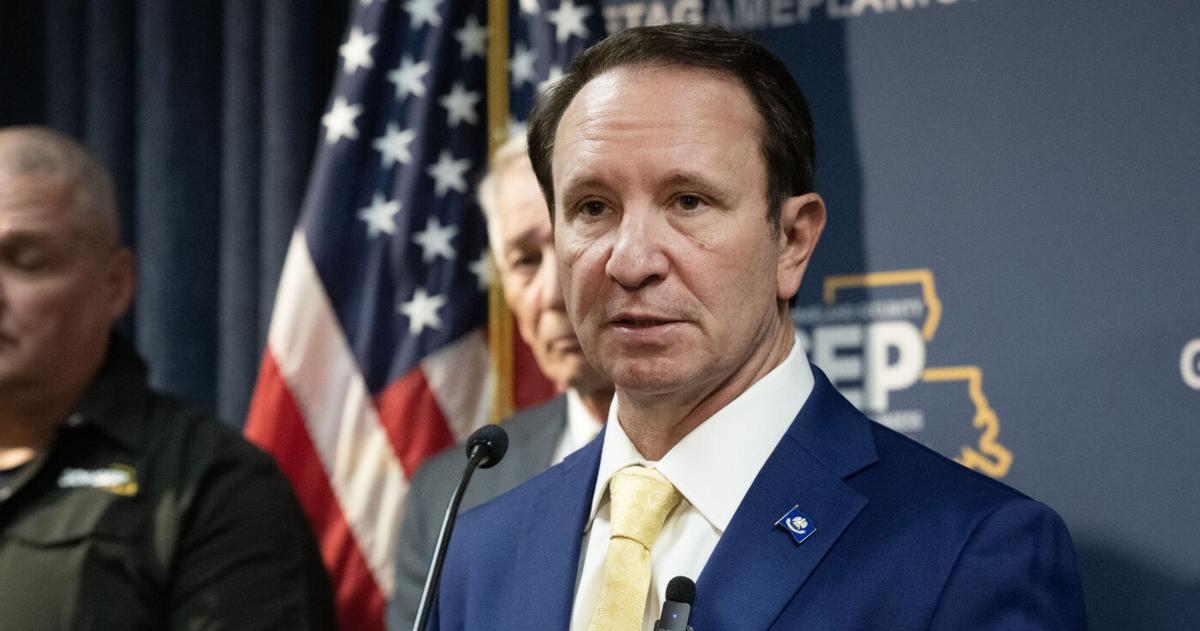The rise of A.I. has made problem-solving and decision-making more manageable. While artificial systems have revolutionized tasks in multiple fields, one concern remains: which degrees are safe from A.I., and how can we future-proof our careers?
At its core, A.I. excels at prediction and automating repetitive tasks. Companies now integrate it into customer service, recruitment, and even creative fields like art generation. This shift is devaluing traditional degrees and skill sets. According to PwC’s 2025 Global A.I. Jobs Barometer, the skills employers seek are changing 66% faster in A.I.-exposed fields.
In spring 2025, I conducted an exploratory study with Joyce Zhou, a marketing professor in the School of Management. This study’s goal was to capture ULM students’ perspectives on A.I., particularly ChatGPT.
A pattern emerged: students in STEM fields—computer science, physics and mathematics—felt artificial systems can handle complex, creative tasks, while many students in health and medical fields did not share that view. This global trend helps explain why students I spoke with are already seeing effects on their fields.
“As a pure math major, I believe that A.I. will most likely become integral to the research experience, especially with the rise of Proof Checkers,” senior mathematics major Joshua Harrison said. “As for applied mathematics, I imagine A.I. will also become integral to optimizing for specific real-world applications and as a part of the general problem-solving process.”
Because artificial systems can automate many routine tasks, parts of formal education may lose relevance. Skills affected by A.I. will require deliberate reskilling or upskilling.
For example, if you are a creative writer, focus more on critical thinking and add unique value to your field. Practical steps include building data literacy, focusing on interdisciplinary problem framing, and practicing ethical and interpretive judgment in your field.
The ultimate question is not if A.I. will replace us, but how we will evolve alongside it. The key is to adapt, leveraging A.I. as a tool while strengthening irreplaceable human skills such as creativity, empathy and critical thinking to ensure our careers remain relevant.


